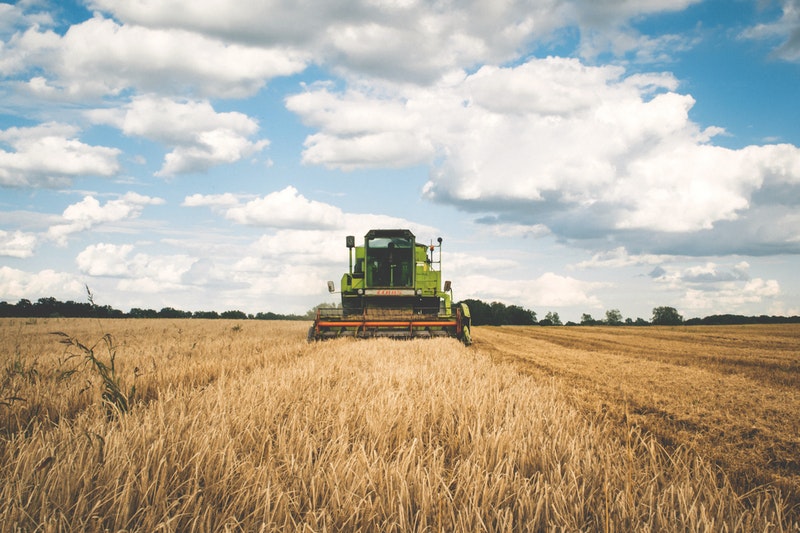If you plan to become a land owner in Nigeria, you should know that there are several provisions regulating the issues of land ownership in the country. Land tenure in Nigeria consists of multiple elements, and here are the most common types of land tenure to know about.
Find over 16,000 land plots for sale in Nigeria on Jiji
1. Inheritance tenure
The inheritance land tenure system probably needs no explanation, as many of us have dealt with inheritance at least once in our lives. Inheriting the land means gaining the rights to the property after the death of the owner, provided you are next of kin or the owner specifically mentioned you in his will. Complicated inheritance cases, where the relatives or other beneficiaries cannot come to an agreement, are often resolved in court.
Read more: How Do Banks Handle A Deceased Customer’s Money?
2. Gift tenure
The owner of the land is free to transfer the rights to his property by gifting it to the recipient. The new owner of the land is then free to do anything he wants with the property, including using it as collateral for borrowing money from a bank. However, the gift ownership can be reversed through court.
3. Tenants at government will
To boost the agricultural industry in Nigeria and ensure more workplaces being created in the country, the Federal Government introduced its land tenancy program. As a tenant at the government will, you are able to purchase land at a lower price than offered by the market, but you will not be able to use said land as collateral for your loans.
4. Leasehold tenure
If you want to start a farming business or use land in any other way but don’t want to acquire the ownership rights to the land right away, you can lease it from the owner for a specified period of time, usually a long one. During your leasehold period, you get complete access to the crops grown on the land, but you cannot use said land as collateral for borrowing money from the banks.
Read more: Hydroponic Farming – How To Start Your Own Business
5. Rent tenure
In many ways, rent tenure is similar to a leashold tenure and these terms are often used interchangeably in Nigeria. When you are renting land from the owner, you also pay a specified amount of money regularly – usually, once a month. However, rental agreements are often short-term or the period of the rent tenure may not be specified at all.
6. Freehold tenure
A freehold tenure agreement allows you to pay a considerable amount of money and become the sole owner of the land. This type of tenure gives you full rights to the land and allows you to use it as collateral against your bank loans, but it’s probably the most expensive way to get a hold of a piece of land.
7. Communal land tenure
Under a communal land tenure system, a large piece of land is given to a community and the head of the community then decides how to share the land between the members of the community based on different factors. Communal land tenure provides plenty of opportunities for large farming projects, but it doesn’t give the owners the right to use it as collateral.
Read more: Problems Of Agricultural Development In Nigeria

Buy and sell with confidence from your phone using the Jiji app










